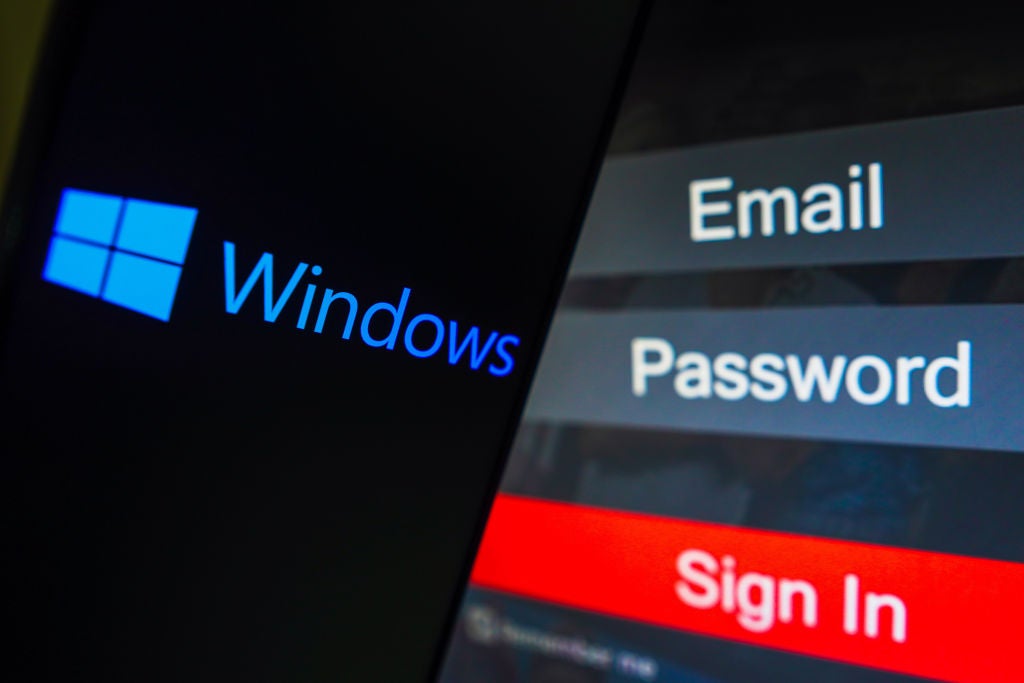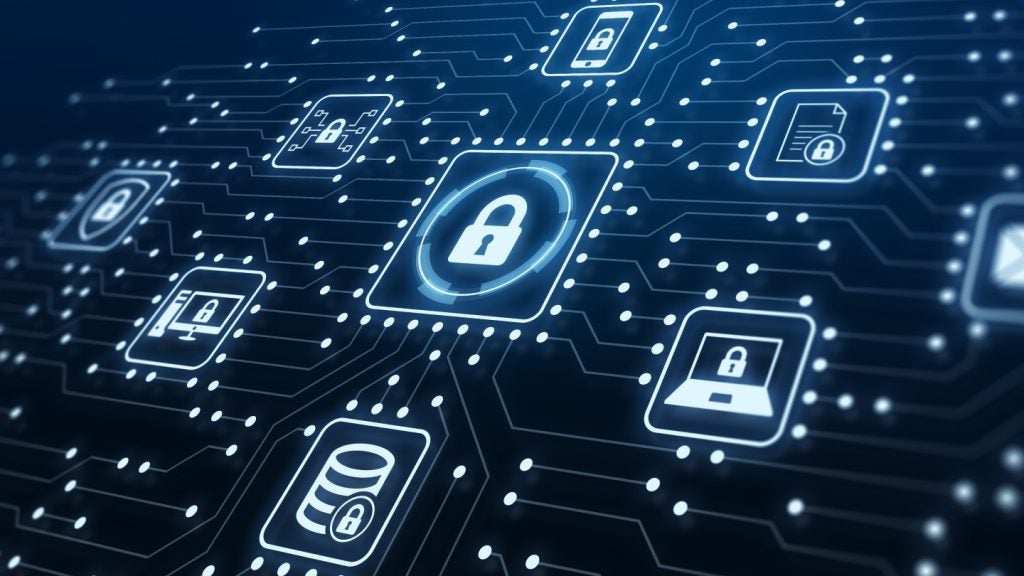
A strong relationship between the public and private sector is vital in the fight against cybercrime, according to Europol executive director Catherine De Bolle.
Speaking at the International Cybersecurity Forum (FIC) in Lille, France, De Bolle said cybersecurity tools and techniques are an “area where law enforcement really needs is the public-private partnership, because without the private sector we do not know what is going on, on the web and within the digital infrastructure, and we are not prepared enough for the future”.
Cybercrime is a key focus for the European Union’s law enforcement agency. In 2013, Europol set up the European Cybercrime Centre to bolster its response to a growing number of cyberattacks across the continent.
But whether it’s ransomware, sextortion scams or data theft, law enforcement agencies globally have increasingly turned to the private sector to keep pace with the growing volume and complexity of cybercrime.
De Bolle pointed to Europol’s work with 72 “trusted” partners from the private sector, as well as three advisory groups covering financial crime, digital communication and internet security.
“And it really enriches us because it’s a sharing of experience, it’s a sharing of knowledge about what are the technical possibilities,” she said, speaking during a keynote panel at FIC 2020.
How well do you really know your competitors?
Access the most comprehensive Company Profiles on the market, powered by GlobalData. Save hours of research. Gain competitive edge.

Thank you!
Your download email will arrive shortly
Not ready to buy yet? Download a free sample
We are confident about the unique quality of our Company Profiles. However, we want you to make the most beneficial decision for your business, so we offer a free sample that you can download by submitting the below form
By GlobalData“It’s also about sharing threats, so that we can prepare and that we can analyse what do we see in our files, [understanding] what are the future threats.”
One such example includes the No More Ransom Project, an initiative set up by Europol, Netherlands police and McAfee to help decrypt files of ransomware victims for free.
AI and data
De Bolle also highlighted the importance of data in tackling cybercrime.
“Data is the oil in the motor of the private and public sector,” she said. “So we have to make sure that the data is safe, is reliable, but is also accessible.”
Artificial intelligence (AI) is vital for Europol to analyse the vast amounts of data, she added, but warned criminals are adopting AI in their arsenal too.
“We also see artificial intelligence is more and more used by the criminal world by serious organised crime to make our systems more vulnerable,” she said.
Europol cybercrime: Balancing privacy and security
De Bolle called for an “ethical debate” around getting the balance right between giving law enforcement access to data and respecting the privacy of the individual in a hyper-connected world.
“Because we all know that the digital infrastructure is growing, which is a good thing. We are living in an interconnected world, so interconnection is very important, and we all have to recognise that also in this interconnected world we are a bit vulnerable,” she said.
“Because there are always ways for criminals to misuse the data and to misuse the tools that are foreseen to protect privacy and to protect fundamental rights.
“And for us, it’s very important to use these tools with the benefits they have but it’s also very important to have the possibility to have lawful access to systems, that are used to protect citizens, but that are also making us more vulnerable because we are more and more interconnected.”
Cybersecurity training in both the public and private sector is essential for defending against cyber threats, she added, and called for all organisations to prioritise cybersecurity.
“At the highest level of the organisation [cybersecurity] has to be on your agenda every day, because without being aware of it, of what is going on, you cannot run the business anymore.”
Read more: WeLeakInfo taken down by FBI to halt password selling






